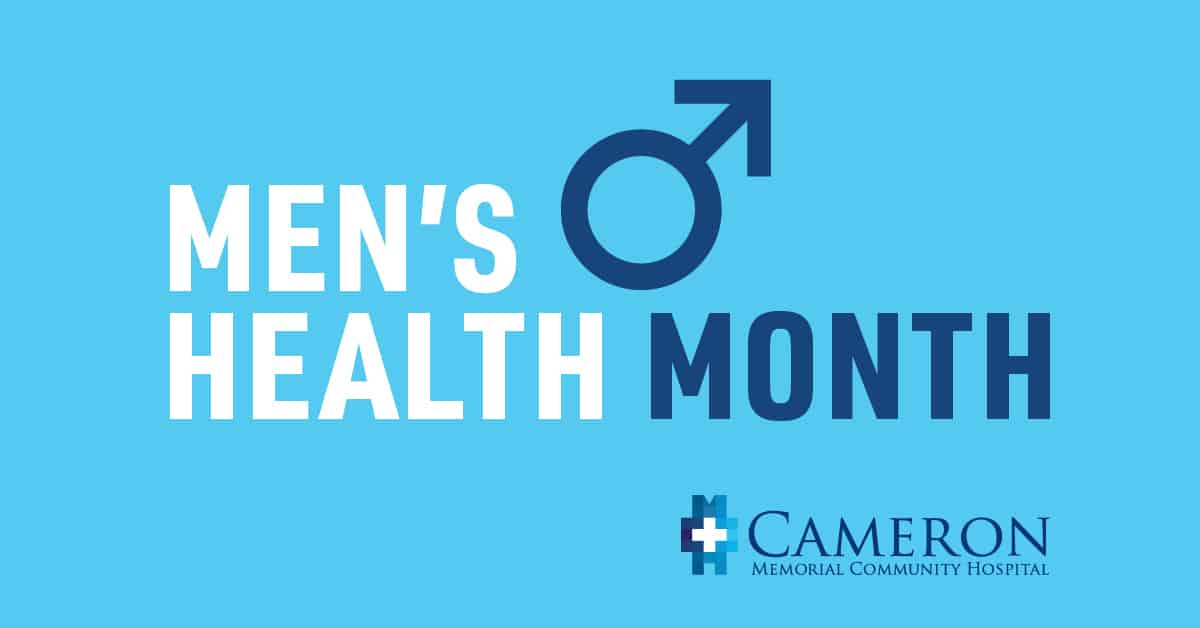
June is Men’s Health Month
Over the last century, advances in medicine and emphasis on healthy living have steadily increased life expectancy in America.
But over the same period, one worrying trend has persisted: the gender life expectancy gap. On average, American men live to age 76, while American women live to 81. Males die at higher rates from cancer and heart disease, and they also are less likely to seek out preventive care.
Men’s Health Month, which runs through June, marks an effort to counter these trends. In recognition of men’s health, we encourage members of our community to help drive awareness of preventable health problems and encourage early detection and treatment of disease among men.
Chronic Disease in Men
Just as women face significant health disparities, men face their own challenges. In general, men die at higher rates for nine out of the top 10 causes of death. Some of the most common conditions that affect men’s health include colon and colorectal cancer, prostate cancer and heart disease.
Heart disease is the leading cause of death for men in the U.S., responsible for about one in four deaths, said Dr. John A. Varner, a cardiologist at Cameron Hospital.
“High levels of obesity, hypertension, and diabetes, which often run hand-in-hand, contribute to this,” he said. “Fortunately, most risk factors that lead to coronary artery disease are modifiable. If you are a patient with any of these risk factors, discuss strict guideline control with your medical care team.”
Healthy Tips for Men’s Health
Recognizing Social and Behavioral Factors
Work-related stress and unhealthy habits can increase the risk of stroke, heart attack and hypertension for men. Men also are significantly more likely than women to take risks. This applies to risky behaviors, such as violence and aggression, and also unhealthy habits, such as smoking and alcohol and substance abuse.
Developing healthy habits can help counter these risks. To stay healthy, we recommend following these tips:
- Exercise at least 30 minutes per day.
- Avoid all forms of tobacco.
- Maintain a healthy diet, including fruits, vegetables, and whole grains. Avoid sugary and highly processed foods.
- Drink alcohol in moderation, limiting yourself to one drink per day.
- Reduce everyday stress.
Seeking a Primary Care Provider
Early detection and treatment save lives. This is why it’s so important for men to be proactive in monitoring and maintaining their health. During primary care appointments, they should speak up about any observations and concerns. And by avoiding harmful habits and keeping watch over such factors as weight, diet, blood pressure and cholesterol, men can get ahead of issues that could lead to chronic health conditions.
Finding a primary care provider is simple. To find a provider near you, visit our website or call 260-665-2141.
©2024 Cameron Memorial Community Hospital
416 E. Maumee Street, Angola, IN 46703

Recent Comments